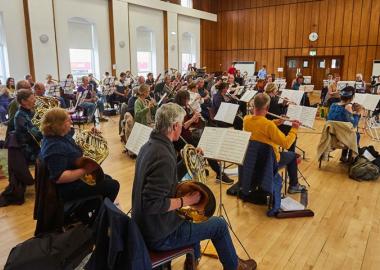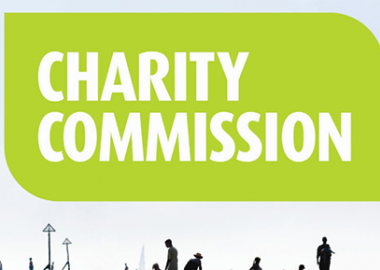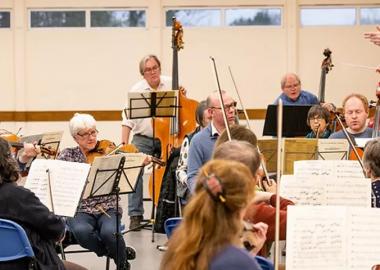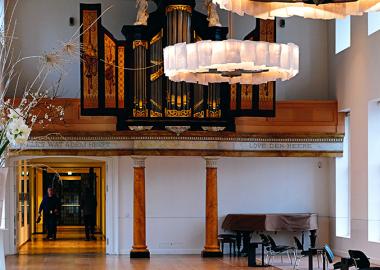Making Music has responded to the Government’s Levelling Up consultation with key contributions from our members.
The Levelling Up agenda, one of this Government’s flagship commitments, is now taking shape. The autumn budget committed some cash and in February the White Paper was published. Following this, most department’s parliamentary committees undertook consultations with their sectors about how they can contribute to this agenda, and what actions from the Government it would take to facilitate their contribution.
The Department for Digital, Culture, Media and Sport (DCMS) committee’s consultation closed on 18 February, and following our email about it to members, we received 22 contributions which were incredibly useful in shaping Making Music’s submission (published 22 March).
Firstly, these helped clarify and confirm what leisure-time music groups could contribute to the Levelling Up agenda; secondly, what the barriers to such a contribution might be; and thirdly, giving us rich case studies of group activity. Thank you very much to all those who took the time to write in, many with a great deal of detail.
Below we outline some of the topics we raised in response to specific questions posed by the committee, which will undoubtedly feature in other influencing work we are planning on behalf of members.
1. How can culture reanimate our public spaces and shopping streets?
We highlighted the contribution groups can make to public spaces through performances and festivals, outlining how councils could facilitate this through easier processes and more support (e.g. security) for open air events and local or inter/national festivals (e.g. Make Music Day).
2. How can creatives contribute to local decision-making and planning of place?
Here we suggested that, as trusted groups, our members’ events might be opportunities to bring the community together and kickstart genuine local conversations and consultations.
3. How can the Government support places without established artistic infrastructure to take full advantage of the opportunities that the levelling up agenda provides?
This was the question for which we found ourselves with most material – because infrastructure in various forms is what groups need most in order to flourish and contribute strongly to their communities.
While we already knew that finding spaces for rehearsals is a real issue for members, especially post-pandemic, we had not realised there is actually an acute lack of suitable large performing venues, especially in many Levelling Up areas. Where they do exist, they are often financially out of reach for leisure-time groups or indeed they have found themselves as additional, rather than main, hires and disadvantaged in terms of access to dates, etc. We received the largest number of specific case studies on this from members.
Other infrastructure issues we highlighted were safe local transport/parking, especially late at night; the availability locally of a wide variety of affordable sheet music (e.g. via the library); a connection from local schools etc. to music groups, and locally resident professional musicians to play with/ conduct/ teach adults and leisure-time music groups; and music education for all, via a dedicated music teacher in each school, to invest in the future well-being and resilience of the local community.
4. How might changes to the UK’s broadcasting landscape affect investment in cultural production outside the capital, and what could the consequences be for artists and communities?
We did not respond to this question as we had no relevant information, but one of our members did in a direct submission.
5. How should Government build on existing schemes, such as the UK City of Culture, to level up funding for arts and culture?
We emphasised how schemes such as city of culture can help galvanise, kickstart and grow local activity, and highlight what is already happening, but that in order to have a long-term effect, legacy needs to be built in and the programme needs to be based in the first instance on local needs and interests.
Read Making Music's full written evidence
Thank you again to all who contributed, and we hope we have succeeded at the very least in raising awareness in the committee and its constituent MPs of the value of leisure-time music groups to their local areas.
Find out more about our campaigns and advocacy work.










